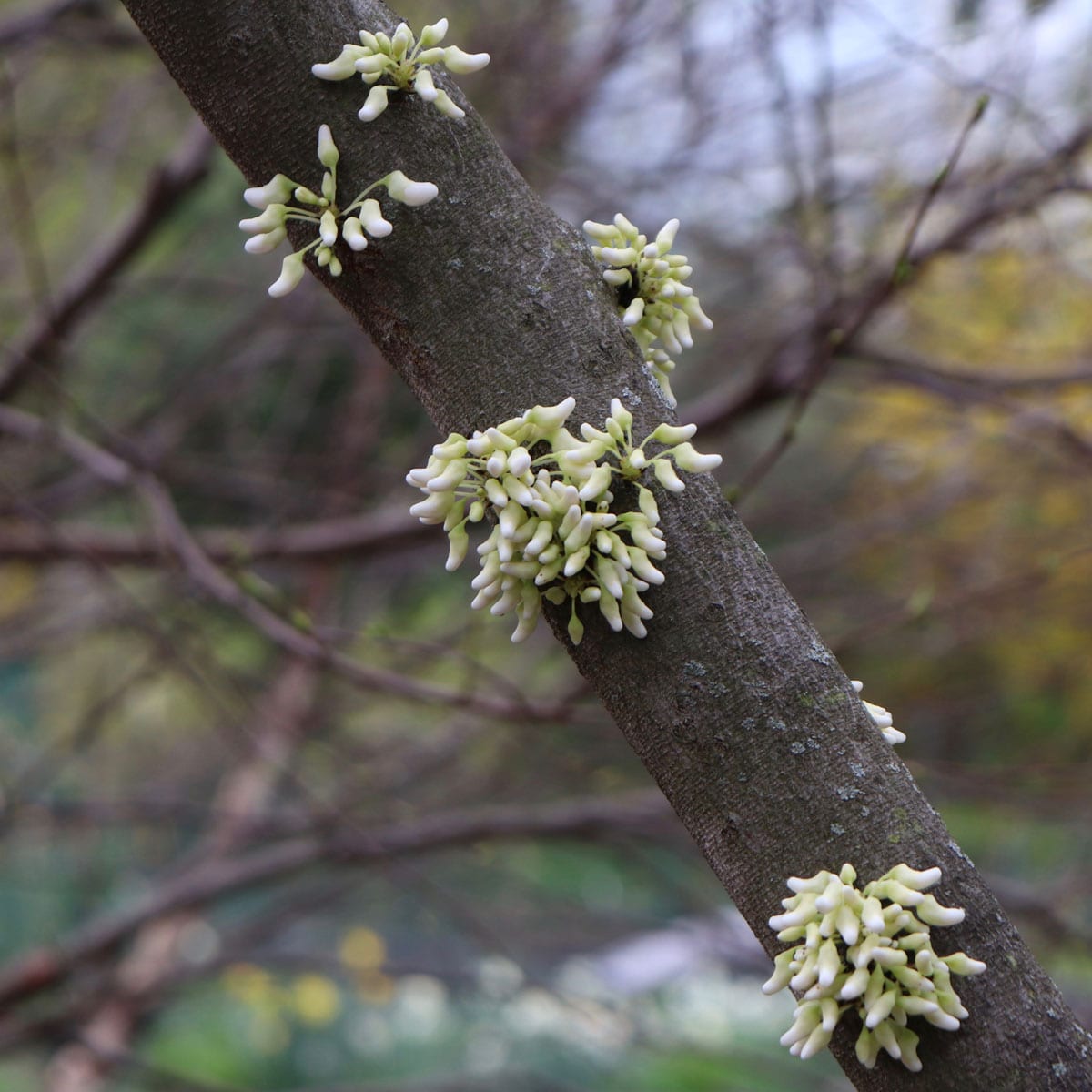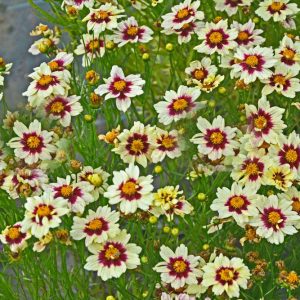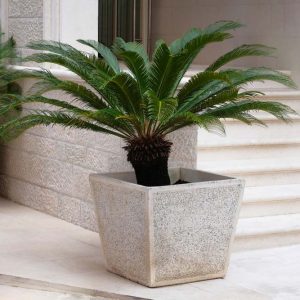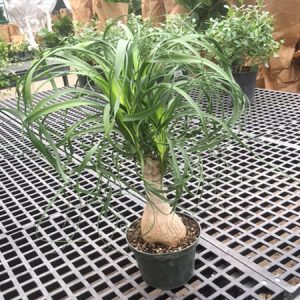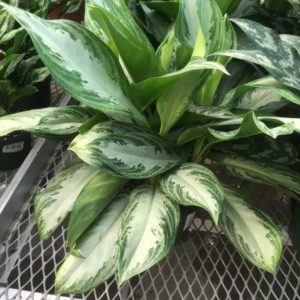Description
Cercis – Judas Tree – Redbud –
There are about 8 species of slow growing, deciduous small trees and shrubs, in this genus. They occur in woodland , at woodland margins, and on rocky hillsides in the Mediterranean, Asia, and North America. They produce alternate, heart shaped to circular, smooth edged leaves and bear brightly colored, 5 petaled pea like, bight rose, pink to crimson flowers in stalkless cluster or short racemes in spring which make quite a display, followed by flattened seed pods up to 4″ long. The flowers are normally produced on the previous year’s wood, either before or as the leaves unfold, but they may also be borne on wood that several years old. Larger species are excellent specimen plants, grow smaller ones in a shrub border, or train against a wall.
Grow in fertile, deep, moist but well drained , preferably loam soil in full sun or dappled shade. Plant in the final location when young, older plants resent transplanting.
Prone to scale insect, weevils, caterpillars, whiteflies, leafhoppers, leaf spots, blights, downy mildew, canker, dieback, and verticillium wilt.
C. canadensis var. alba – Eastern Redbud – This slow growing, spreading, often multi stemmed tree grows 30-40′ feet tall and 30′ feet wide in the wild, in cultivation 12′ feet tall is more likely. It produces deep rose buds which emerge from heart shaped leaves, with a distinct pointed tip, to 4″ long, bronze when young, turning yellow in autumn. On bare stems, before the leaves it bears white flowers, to ½” long, are carried in clusters of 2-8. The fruits mature in summer to reddish brown in color.
Zones 5-9

